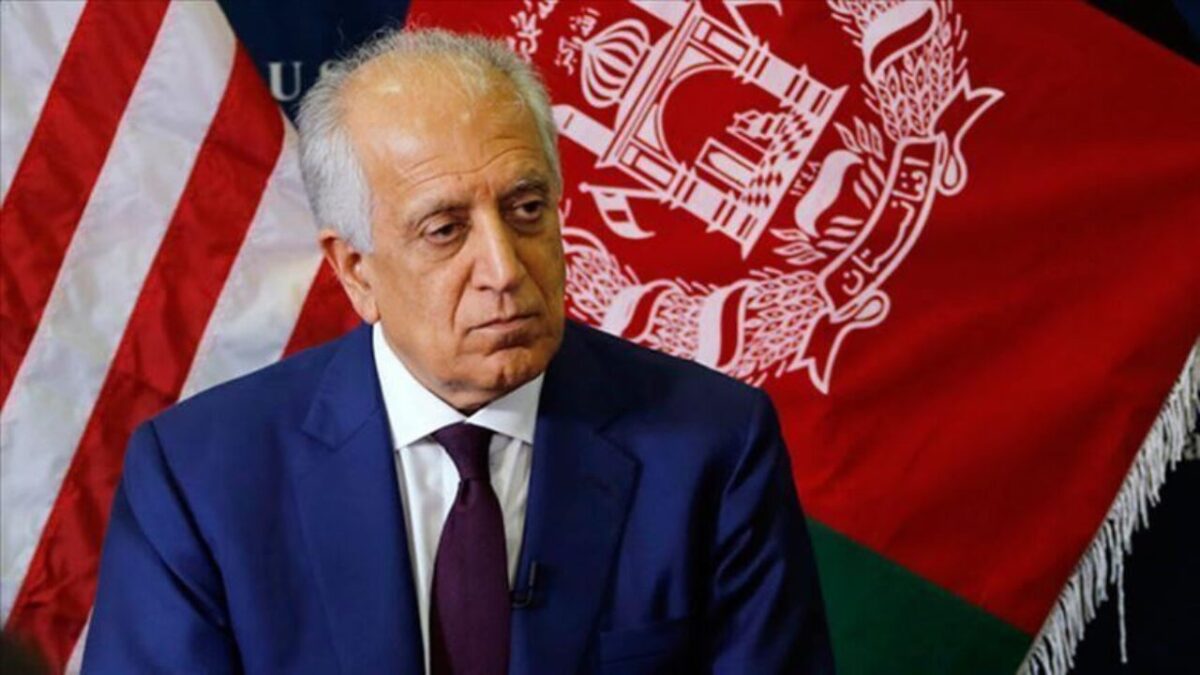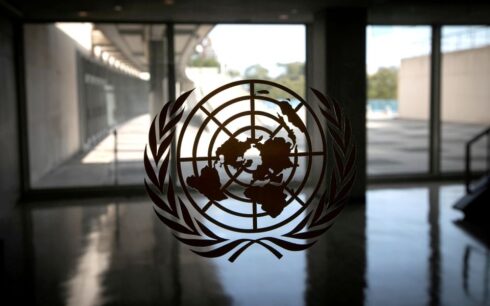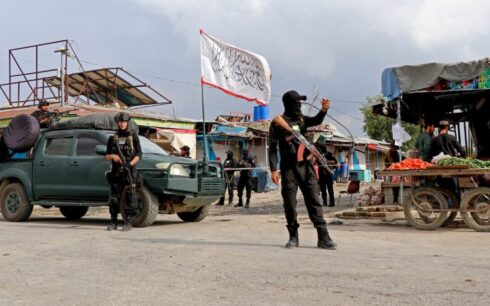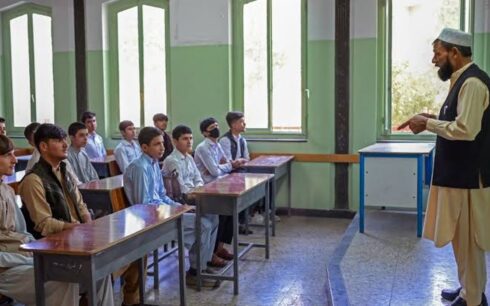Zalmay Khalilzad, the former U.S. special envoy for Afghanistan who negotiated the 2019 Doha Agreement with the Taliban, has denied “claims” made in a draft resolution by Rep. Michael McCaul, stating that he “never” asserted the Taliban would honor their commitments or respect human rights.
In response to the draft resolution, Khalilzad said, “I have been baselessly quoted in the resolution, H. Res. 1969, introduced by Chairman McCaul, which condemns President Biden, Vice President Harris, and several officials from the National Security Council, State Department, and Pentagon. The draft states that I ‘baselessly asserted the Taliban would honor their commitments and respect basic human rights.’ This is completely untrue.”
Khalilzad defended his role in negotiating the Doha deal, clarifying that the agreement was focused on the terms of a safe U.S. military withdrawal from Afghanistan, not on human rights.
“The Doha Agreement that I helped negotiate under President Trump did not deal with human rights,” Khalilzad explained. “It addressed the withdrawal terms, including no attacks on U.S. forces and ensuring Afghanistan would not be used as a base for terrorism, including by al-Qaida, to threaten U.S. security.”
Khalilzad emphasized that the agreement required further negotiations between the Taliban, the Afghan government, and other Afghan stakeholders to establish a new government and address human rights policies. “Some such negotiations took place, but no agreements were reached before our withdrawal was completed,” he said.
Khalilzad also pointed to President Biden’s decision not to condition the U.S. withdrawal on a political agreement among Afghans, citing concerns that prolonged negotiations could lead to renewed Taliban attacks on U.S. forces. “Aside from extending the withdrawal timeline by four months, the Biden administration made no other changes to the Doha Agreement,” he noted.
Khalilzad clarified that he had never suggested trusting the Taliban on their commitments. “Whenever asked whether I trusted the Taliban, my response was clear: international relations are not based on trust, especially not with the Taliban. The agreement was condition-based, not trust-based,” he said.
He acknowledged that while the Taliban had honored some commitments, particularly by refraining from attacking U.S. forces, other obligations, especially concerning terrorism, had not been fully met. “Several elements of the agreement remain unfulfilled by us because the Taliban have not fulfilled some of their commitments,” Khalilzad added.
Reflecting on the chaotic final phase of the U.S. withdrawal from Afghanistan, Khalilzad described it as a “disaster” due to poor intelligence and inadequate military planning. “We did not foresee that the Afghan government would collapse before our departure or that its military would dissolve,” he said. Despite these failures, Khalilzad praised U.S. soldiers for their heroic efforts during the evacuation from Kabul Airport.
The draft resolution in question is part of ongoing congressional scrutiny of the U.S. withdrawal from Afghanistan and the role of top officials in the process.





